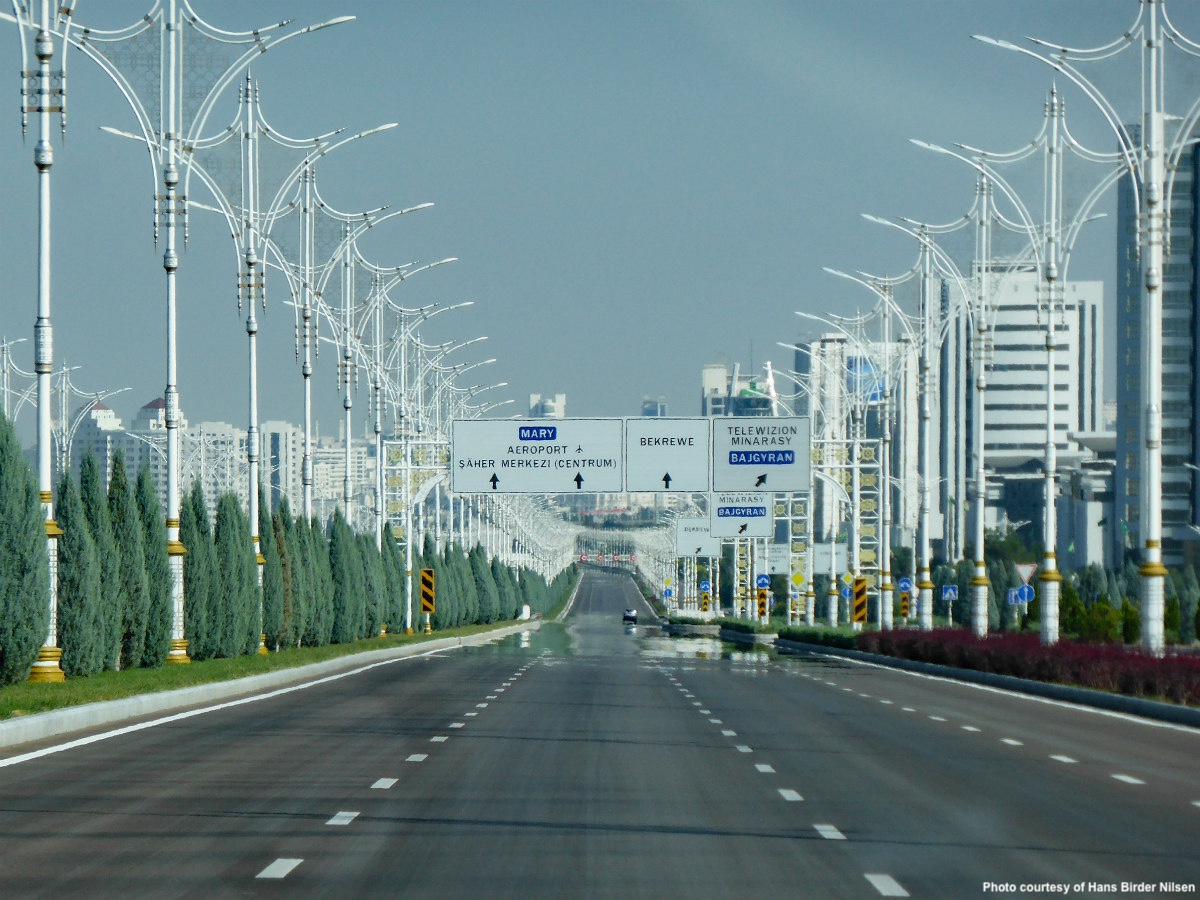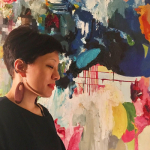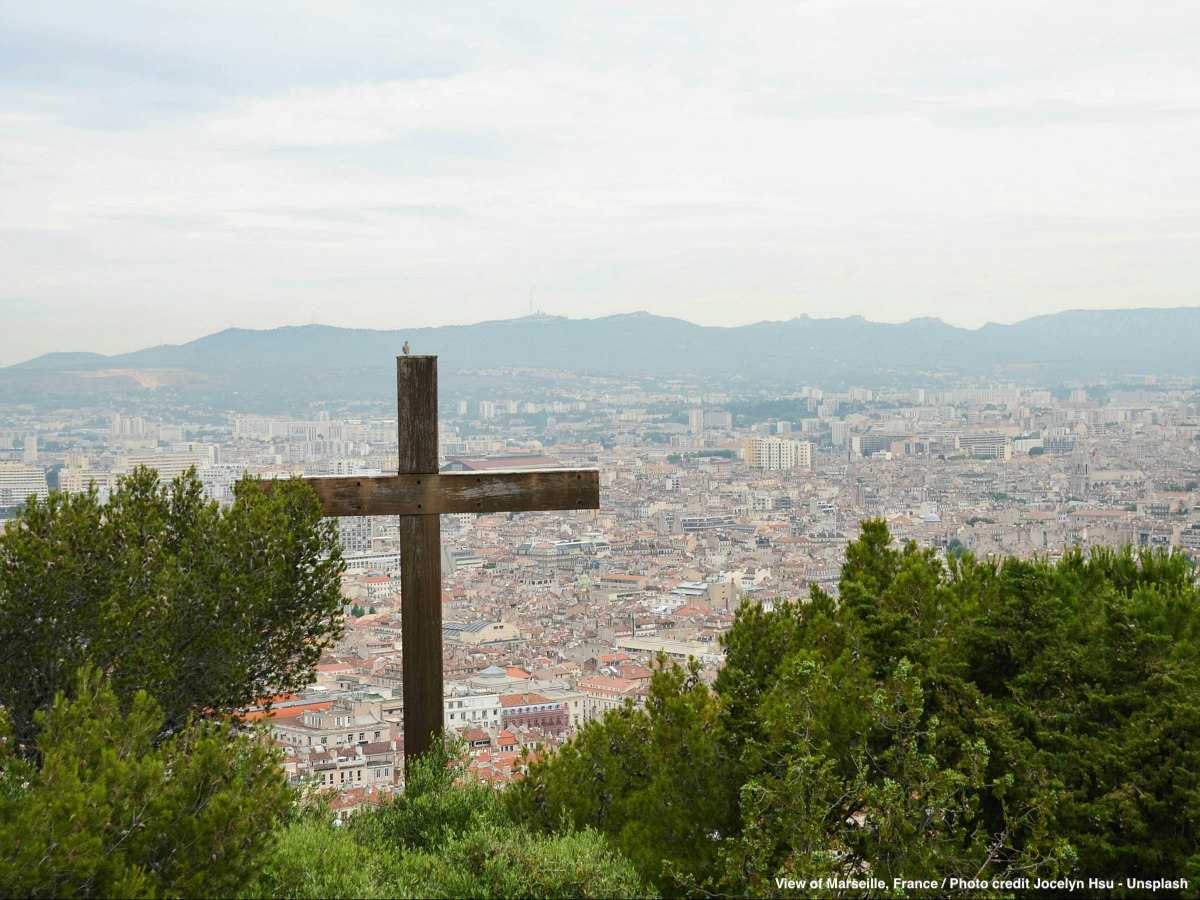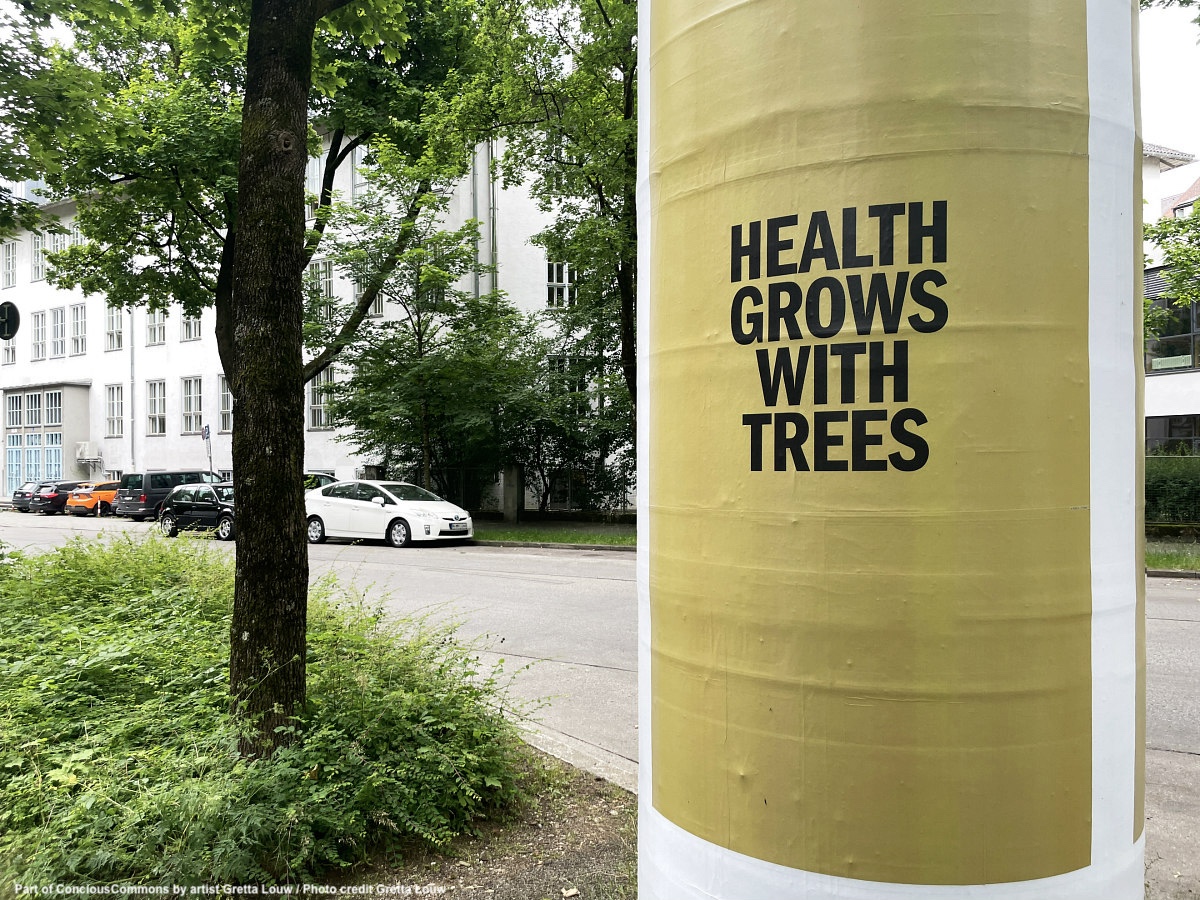In Ashgabat, Turkmenistan’s capital and largest city, ornate gold statues and marble-clad buildings set brilliantly against the horizon. The “City of White Marble” ostentatiously shows off the marble facades along its eight-lane highways, deserted boulevards and public buildings. But in a country where freedom of expression is heavily restricted, this opulence comes at a price. Overdimensioned infrastructure leaves one feeling vulnerable in the deserted streets, disengaged with other humans, and easy to spot in a congregation; it is a kind of surveillance without the cameras.
But in the internet highways, the Turkmenistan government is indeed vigilantly watching over its citizens. Under-investment in internet infrastructure is intentional, with internet access deliberately being kept slow and unreliable compared to global standards. Infrastructure is especially underfunded and undeveloped in rural areas, where almost half the population of Turkmenistan lives.
In January 2022, Turkmenistan’s internet penetration was the lowest in Central Asia at 38 percent of the total population, which translates to only 2.35 million internet users (out of a total population of 6.16 million), mainly concentrated in Ashgabat and other cities. For these internet users, internet censorship in Turkmenistan is daunting. The state not only controls the majority of print and broadcast media, it also supervises digital content and blocks access to websites. Academic freedom is almost non-existent. Independent journalists are subjected to “harassment, detention, physical abuse, and prosecution on trumped-up charges.” Even private discussions are highly restricted due to intrusive supervision by state security services, including physical surveillance, monitoring of telephone and electronic communications, and the use of informers.
***
The nonprofit The Tor Project is one of the few initiatives that relies on a global community of volunteers to provide “bridges” for people in Turkmenistan to access an uncensored web. These are essentially secret internet connections that forward traffic to and on behalf of the internet user. During the Arab Spring, The Tor Project was a significant support for activists. Last year it partnered with the Guardian Project and Tails to organize workshops in Ecuador, Mexico and Brazil on digital safety, while also taking deeper dives into specific topics like virtual private networks (VPNs) and anonymous web browsing.
“Censors, especially state-sponsored censors, shift in their approach. And, if people from Turkmenistan reach out to us through a public-facing channel, it’s possible that their IP address may be detected and blocked,” says Pavel Zoneff, spokesperson for The Tor Project. In other words, The Tor Project team has to continuously run new “bridges” to outsmart censors, and to protect people every time from unwanted surveillance; all this requires a great deal of coordination. “It’s a race to provide these services,” Zoneff admits.
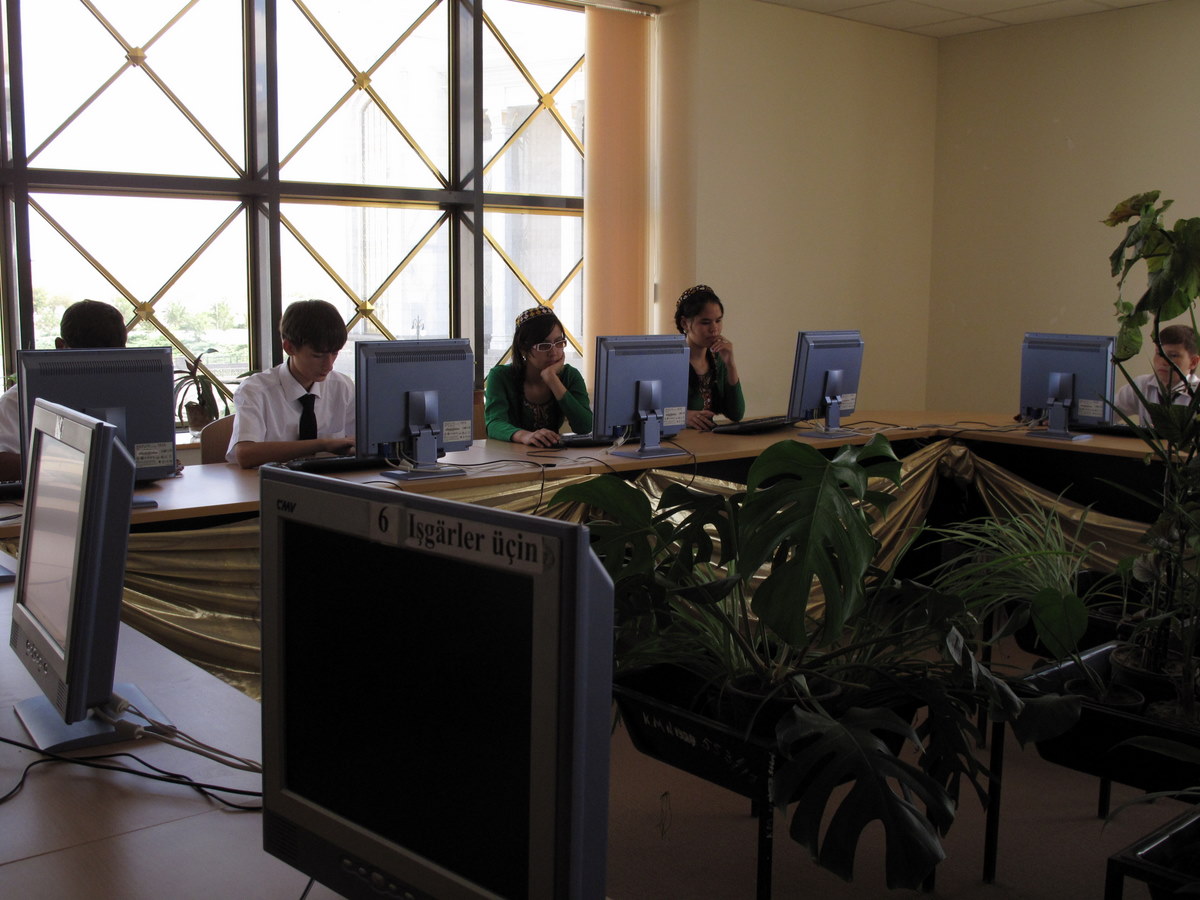
For instance, ahead of the Turkmenistan Parliamentary elections in March 2023, the Tor Project team made an open call to volunteers to build new “bridges” for people in Turkmenistan that circumvent an even more tightened internet censorship with greater restrictions. “Our global community is working to stop global censorship and we have people from Russia and other countries that provide good information about what is going on inside Turkmenistan,” says Gus (as he wants to be named for this interview), a team member of The Tor Project working on the frontline of this initiative. This intelligence helps the team of The Tor Project to smoothly run their operations in Turkmenistan, and fight against tighter censorship for the much needed internet connections.
The Tor Project has been at the forefront of creating free software tools that respond to Privacy Preserving or Privacy Enhancing Technologies (commonly abbreviated as PETs). In the early 2000s, co-founder and computer scientist Roger Dingledine, together with Paul Syverson and Nick Mathewson, designed an “onion” routing protocol at the Naval Research Laboratory. In 2007, they started building “bridges” to help users circumvent firewalls in oppressive regimes. By 2008, they launched a Tor Browser that protects users from tracking and surveillance.
Tor “bridges” in Turkmenistan are regularly used by a very diverse group of people. “We try to prioritize journalists that we know of in Turkmenistan. But in addition to journalists and activists, we also have daily users who want to use Telegram, Whatsapp, and social media,” says Gus. People are scared of engaging in any public communication at all, knowing that they can face “punishment of up to 25 years in prison.” In this environment of surveillance and continuous rigid and centralized control of the internet, human resources of The Tor Project play an important role in giving the people of Turkmenistan the chance to gather insights and perspectives that cannot always be gleaned from sources in their own country.
Ruslan Myatiev, Director and Editor of the Turkmen News, an independent news and human rights organization, has been working to bring the human story of the Turkmenistan people to a wider audience. He left Turkmenistan when he was 16 years old. After he graduated with a Masters in Political Science at the OSCE Academy in Bishkek, Kyrgyzstan, he founded Turkmen News in 2010, relocating to the Netherlands. His media outlet carefully documents to the best of its ability what is happening in Turkmenistan.“The government has built a system where one man decides everything. They have lost their sense of reality,” he says, adding that his publication is considered a threat by his homeland.
Since 2012, the World Bank has arguably classified Turkmenistan as an upper-middle-income country. Turkmenistan’s natural resources are vast. Natural gas reserves are estimated to be the world’s fourth largest, representing about 10 percent of global reserves. However, the country has striking disparities. Turkmen News reported that a food crisis has lingered on since 2016, with people in regions outside Ashgabat relying on government-imposed ration cards. Turkmenistan people employed in public and private sector jobs are sent to cotton fields in a forced labor scheme. Workers must “pick 20-25 kilos of cotton a day” in brutally hot conditions on their assigned days, and are threatened with dismissal if they don’t harvest the cotton.
To provide this news to the wider world, Myatiev has to battle with censorship in Turkmenistan every day. “My understanding is that the [government] cybersecurity department took over the entire internet in Turkmenistan – and then blocked it off. The censors ‘whitelist’ certain IP addresses, certain businesses, or individuals who can pay excessive fees; they can have their connection unblocked,” he says. The department’s “whitelist” fundamentally includes people the government believes are trustworthy.
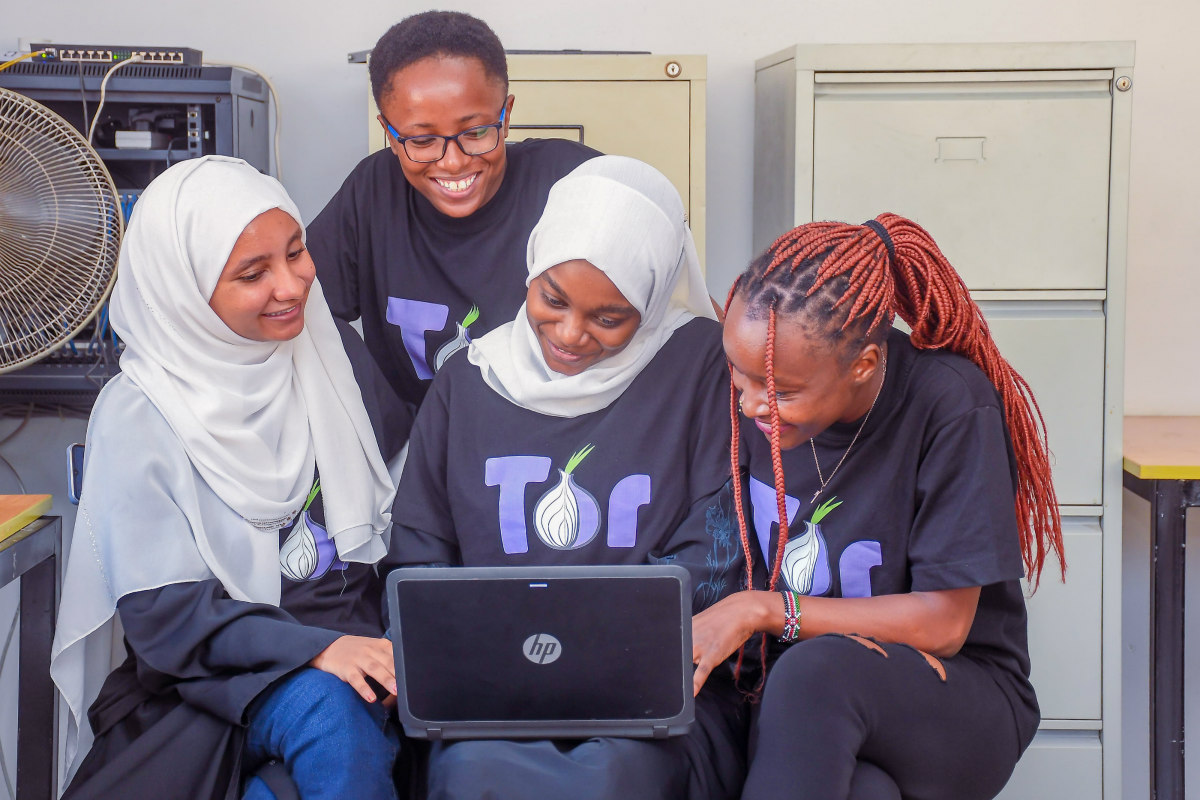
***
Disinformation and internet censorship is not unique to Turkmenistan, and has been on the rise in other places globally. According to reports from the non-profit organization Freedom House, internet freedom has declined for the thirteenth consecutive year, with considerable decreases in Iran, the Philippines, Belarus, Costa Rica, and Nicaragua. Attacks on free expression are becoming more frequent, and Freedom House has conveyed that “even in more democratic settings, including the United States and Europe, governments considered or actually imposed restrictions on access to prominent websites and social media platforms.”
“We’ve seen legislative proposals in the EU, UK, US, and India that ask for more and more backdoors into encryption,” says Zoneff. In much of Europe, internet freedom is still considered to be strong, but some surveillance issues arguably get less media attention than they should, and there has also been an increase in the spread of pro-Kremlin disinformation.
Since its beginning, The Tor Project has helped countless people, including activists, journalists and media organizations, living in oppressive regimes like Turkmenistan, to securely and anonymously communicate online. Unfortunately, there have been instances of malicious actors who have exploited Privacy Enhancing Technologies for “Dark Web” purposes, and built underground marketplaces. Always striving to make Tor a safe place for all their users, the Tor Project has grown its headcount, introduced a new policy process to ensure community health, and expanded ways to remove malicious network nodes.
For the team at The Tor Project, in spite of many years of public service, it seems like this may only be the beginning of a long fight against censorship and for the wider adoption of Privacy Enhancing Technologies. “People’s perceptions of their agency as human beings online is shifting, but a lot of people still think internet censorship is something that only happens in Russia or China, as opposed to here in the U.S. There’s a long way to go in terms of education,” Zoneff acknowledges. The 2023 OECD Digital Economy Paper, “Emerging Privacy Enhancing Technologies: Current Regulatory and Policy Approaches,” explains that while PETs are “not new,” they have “potential to move society closer to the continuing process and practice of privacy by design.” The adoption of Privacy Enhancing Technologies requires greater buy-in from concerned citizens – not only activists, journalists, and those living in oppressive regimes. The importance of digital rights, once a vague notion that seemed to be taken for granted, is rapidly becoming everybody’s business.
Thanks to Pavel Zoneff, Gus from Tor, and Ruslan Myatiev for participating in this interview. Some of the contents from this interview will also be published in my upcoming book on hacker culture and ethical hacking, published by Rowman & Littlefield next year. The Tor Project is often looking for serious volunteers to run relays and translate documents. To learn more visit https://2019www.torproject.
